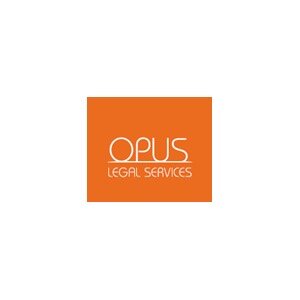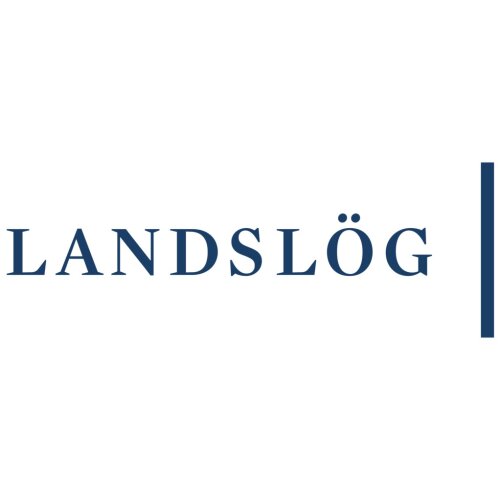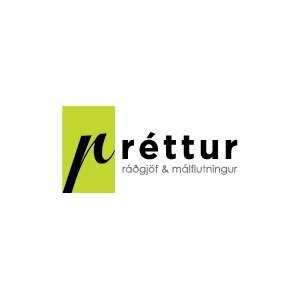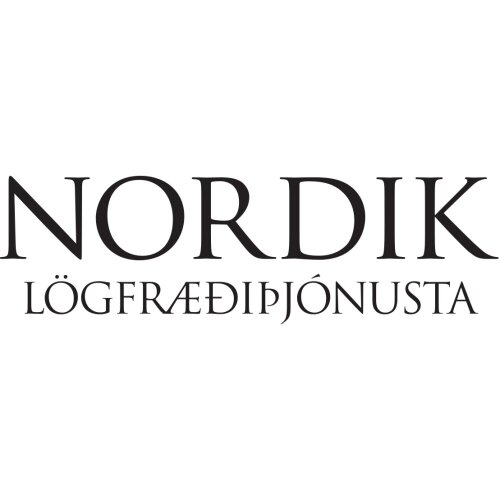Best Patent Lawyers in Iceland
Share your needs with us, get contacted by law firms.
Free. Takes 2 min.
Or refine your search by selecting a city:
List of the best lawyers in Iceland
About Patent Law in Iceland
Patent law in Iceland is governed by the Icelandic Patent Act. A patent provides legal protection for inventors by granting them exclusive rights to their inventions for a limited time, typically up to 20 years from the filing date. The patent must be registered with the Icelandic Patent Office, which is responsible for examining applications and granting patents. The law is designed to encourage innovation by allowing inventors to benefit financially from their inventions while ensuring that the public can eventually access and build upon this knowledge.
Why You May Need a Lawyer
Seeking legal advice in the field of patents in Iceland may be necessary under various circumstances. Here are some common reasons why you might need a patent lawyer:
- Patent Application: Navigating the complexities of filing a patent application or dealing with the Icelandic Patent Office.
- Patent Infringement: If you suspect someone is using your invention without permission, you'll need legal counsel to protect your rights.
- Disputes and Litigation: Handling patent disputes, either defending your patent or challenging another's claim.
- Licensing Agreements: When drafting licensing agreements to monetize your patent while retaining certain rights.
- Patent Search and Analysis: Conducting a comprehensive search to ensure the originality of your invention before filing.
Local Laws Overview
Understanding the local legal system is crucial for anyone dealing with patents in Iceland. Below are some key elements:
- Patent Act: Governs the application, processing, and enforcement of patents in Iceland.
- Patentability: To be patentable, an invention must be new, involve an inventive step, and be capable of industrial application.
- Duration: Patents are granted for up to 20 years from the filing date, subject to annual maintenance fees.
- Opposition: Interested parties have the right to oppose a patent application or a granted patent on certain legal grounds.
- International Treaties: Iceland is a member of the European Patent Convention (EPC) and the Patent Cooperation Treaty (PCT), influencing its patent law framework.
Frequently Asked Questions
What is a patent?
A patent is a legal right granted for an invention, allowing the patent holder exclusive rights to use and commercialize the invention for a predefined period.
How do I apply for a patent in Iceland?
You must file a patent application with the Icelandic Patent Office, including a detailed description of the invention, claims defining the scope of protection, and other requisite forms and fees.
Can I patent an idea?
No, patents are granted for tangible inventions or processes that offer a new solution, not for abstract ideas or concepts.
What inventions can be patented?
Inventions must be novel, non-obvious, and applicable in industry to be patentable. These can include new products, processes, or technical improvements.
Why might my patent application be refused?
Applications may be refused if the invention is not novel, obvious, or lacks sufficient industrial applicability. Administrative errors in the application can also result in refusal.
Are software and business methods patentable in Iceland?
Software and business methods may be patentable if they produce a technical effect, but they often face higher scrutiny regarding their patentability.
How long does the patent process take?
The time to grant can vary, but the process usually takes several years, depending on the complexity of the application and examination workload.
What should I do if someone infringes on my patent?
If you suspect infringement, consult a patent lawyer to explore legal options, including sending cease and desist notices or initiating litigation.
Can a patent be renewed?
No, patents in Iceland cannot be renewed after their expiration. They remain in effect for up to 20 years, subject to annual maintenance fees.
How does a European Patent affect my rights in Iceland?
A European Patent, once validated in Iceland, provides the same rights as a national patent, covering 20 years from the filing date.
Additional Resources
For further information and assistance regarding patents in Iceland, consider the following resources:
- Icelandic Patent Office: The primary governmental body for patent applications and regulations.
- European Patent Office: For European patents with designated coverage in Iceland.
- Patent Attorneys and Law Firms: Experts who specialize in the preparation, filing, and prosecution of patent applications.
- Educational Workshops & Seminars: Various bodies offer seminars to help understand the patent process better.
Next Steps
If you require legal assistance regarding patents in Iceland, consider the following steps:
- Consult a Patent Attorney: Engage with a professional who specializes in patent law for personalized advice.
- Prepare Documentation: Gather all relevant documents and information about your invention for an efficient consultation.
- File a Patent Application: If advised, proceed with filing your patent application through official channels.
- Stay Informed: Keep updated with the latest changes in patent law by subscribing to newsletters or legal briefings.
Lawzana helps you find the best lawyers and law firms in Iceland through a curated and pre-screened list of qualified legal professionals. Our platform offers rankings and detailed profiles of attorneys and law firms, allowing you to compare based on practice areas, including Patent, experience, and client feedback.
Each profile includes a description of the firm's areas of practice, client reviews, team members and partners, year of establishment, spoken languages, office locations, contact information, social media presence, and any published articles or resources. Most firms on our platform speak English and are experienced in both local and international legal matters.
Get a quote from top-rated law firms in Iceland — quickly, securely, and without unnecessary hassle.
Disclaimer:
The information provided on this page is for general informational purposes only and does not constitute legal advice. While we strive to ensure the accuracy and relevance of the content, legal information may change over time, and interpretations of the law can vary. You should always consult with a qualified legal professional for advice specific to your situation.
We disclaim all liability for actions taken or not taken based on the content of this page. If you believe any information is incorrect or outdated, please contact us, and we will review and update it where appropriate.
Browse patent law firms by city in Iceland
Refine your search by selecting a city.












